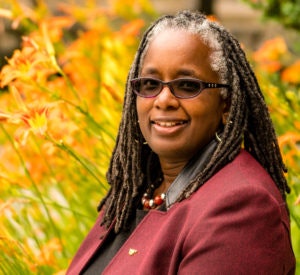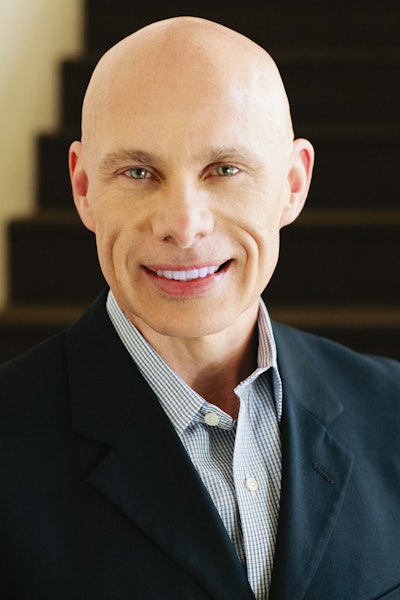As universities across the country consider hiring freezes, how can they continue to recruit and retain diverse faculty amid the coronavirus?
Diverse posed this question to panelists in a Diverse Talk Live! webinar moderated by editor-at-large Dr. Jamal Watson on Wednesday. Experts highlighted the challenges to faculty diversity posed by the pandemic, as well as new opportunities and best practices to employ amid the crisis.
For many universities, whether hiring searches will happen at all remains an open question.
 Dr. Menah Pratt-Clarke
Dr. Menah Pratt-Clarke“I think we all don’t know if we’re going to be hiring in the fall,” said Dr. Menah Pratt-Clarke, vice president for strategic affairs and diversity at Virginia Tech. Plus, looming budget cuts are already leading to layoffs and furloughs for instructors and staff.
As universities prepare for financial strain, “the most scary component is that universities’ budgets are largely people,” she added, “because it’s people we hire to work with our students, to teach them, to educate them, to expose them to the world.”
Even so, she hopes universities will take this time as an opportunity to identify talent to form relationships with future hires. And in turn, candidates can think about their “brand” and use online platforms like academic Facebook groups to network.
For universities that are moving ahead with hiring, panelists offered some suggestions for reaching diverse candidates and ensuring a smooth hiring process, despite the current uncertainty.
 Andy Brantley
Andy BrantleyDr. Zulema Valdez, vice provost for the faculty at the University of California Merced, views campuses’ shift online as an opportunity to draw more diverse applicant pools. Because sheltering in place nixes the costs of travel for applicants, universities can afford to interview more candidates online, she said, so there’s “no reason” for schools not to consider more applicants from underrepresented backgrounds.
She encouraged universities to also continue using “standard best practices” like crafting targeted job ads, requiring diversity statements and creating rubrics to assess diversity considerations.
“We need to be looking creatively at trying to recruit the most diverse pools ever, given these circumstances that we’re currently in,” she said.
Plus, to onboard diverse candidates, the online hiring process needs to be equitable, said Andy Brantley, president and CEO of the College and University Professional Association for HR, which means not judging applicants on their now visible home lives — noise or clutter in the background on Zoom shouldn’t be counted against them.
And his main rule for hiring right now: “Communicate, communicate, communicate.”
Universities should keep candidates informed about delays, he said. “Even when you don’t have anything to communicate, communicate that you don’t have anything to communicate.”
Meanwhile, he thinks it might be a time to reconsider the efficiency of higher education’s months-long hiring process more broadly.
 Dr. Zulema Valdez
Dr. Zulema ValdezDiversifying faculty isn’t just about hiring but also retaining minority professors, panelists noted. And to do that, universities are tasked with the challenge of building community for faculty of color online.
Valdez suggested offering remote happy hours for professors from underrepresented backgrounds or moving minority faculty mentorship programs online, like the University of California Merced has done.
Similarly, Virginia Tech hosted a two-day Faculty Women of Color Conference online, and while “nothing can replace” the experience of “walking into a room and seeing 300 people of color,” it showed Pratt-Clarke that universities can “still convene large groups of people in community.”
She added that supporting minority faculty might also mean giving junior faculty the “flexibility” to continue progressing toward tenure, as universities consider halting tenure clocks in the wake of the crisis.
“I don’t think it should be a mandatory stop,” she said.
In conversations about diversity and retention, Brantley concluded that it’s “critically important” to consider the needs of staff, especially as they take risks to provide campus services during the pandemic.
“As we’re talking about retention and building community, that heroic work that’s happening right now should be front and center for all of us as a part of our call to action,” he said.
Sara Weissman can be reached at [email protected].





















